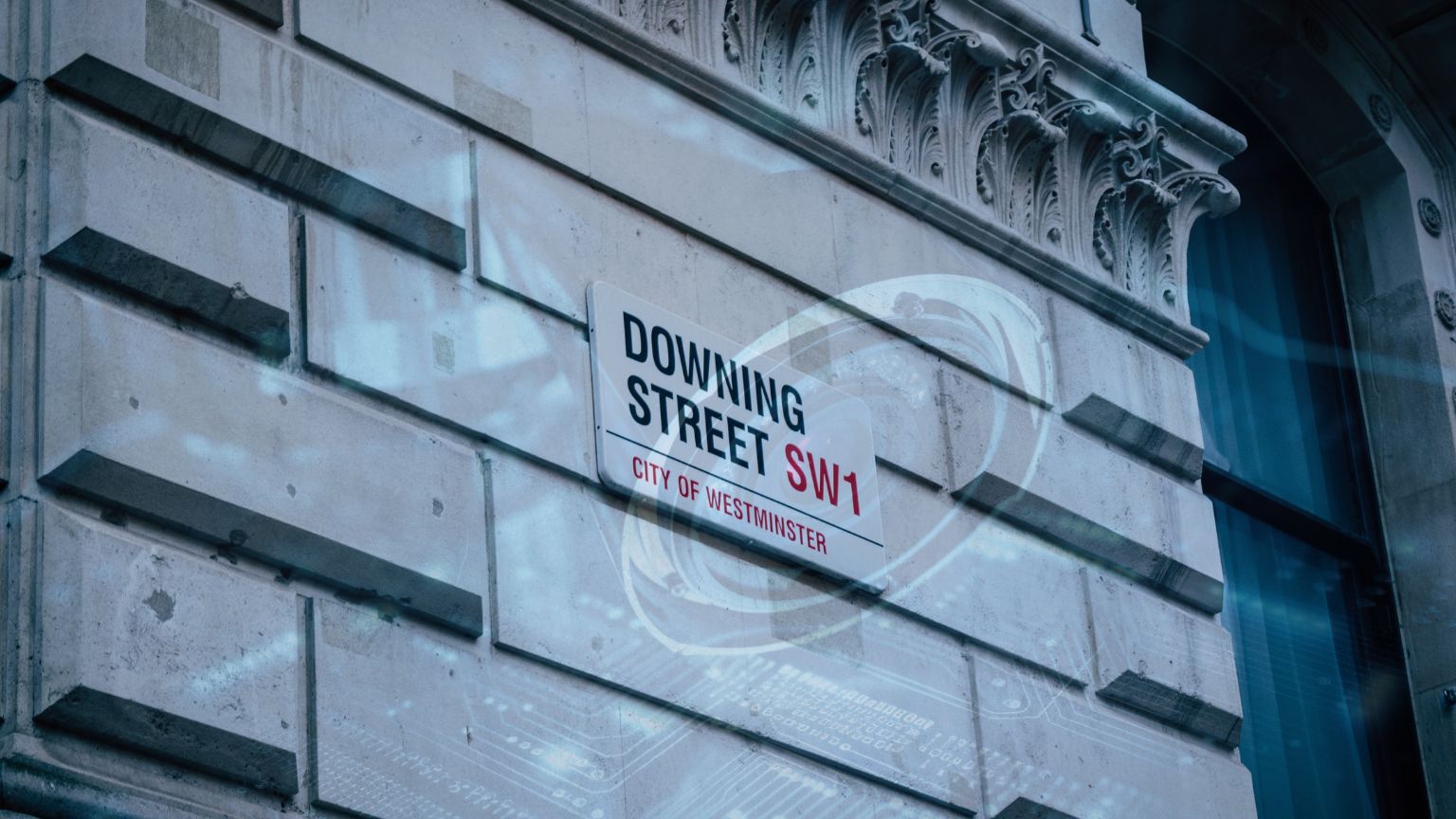The UK government is accused of presenting bold-faced lies and startling examples of “doublespeak” to the public while trying to disentangle itself from an emerging scandal involving surveillance and censorship that its Counter Disinformation Unit (CDU) is responsible for.
Multiple news reports and responses to Freedom of Information Act (FOIA) requests have in recent days shed light on the activities of CDU and another outfit, known as Rapid Response Unit (RRU).
The contested claims made by the government are contained in what they called a fact sheet that was supposed to explain what CDU and RRU do – notably, to deny they “monitor” individuals online.
The “fact sheet” was issued shortly after media reports revealed that CDU was in the business of flagging content on social media critical of pandemic policies, including lockdowns, and that this was achieved thanks to this “Covid police” being in no less that allegedly “hourly contact” with tech companies behind the sites.
British outlets reported this citing up until recently unidentified head of CDU, who turned out to be one Sarah Connolly – and her disclosures about the unit’s operations to members of parliament, who learned that CDU’s contact on a “daily, sometimes hourly” basis was taking place with “almost all” social networks.
The “cell” – this is how Connolly referred to CDU – was successful in this collusion with tech companies, because apparently 90 percent of flagged posts got removed, or were crippled by algorithms that effectively hid them from users.
And the “cell,” one of whose jobs was to go to war online over whatever it designated as Covid misinformation, was modeled after those the UK government puts in place to combat terrorism.
As for Covid – the controversial vaccines, for example – the sort of thing CDU would, according to Connolly’s testimony, look to “monitor” – i.e., suppress or remove – had to do with anything from somebody saying, or discussing the possibility that they were produced too quickly, may not be safe, that is, could produce side effects.
“A broad view of what qualifies as disinformation,” is how the Telegraph qualified this approach.
All this has caused former cabinet minister David Davis to call for the CDU to be disbanded and its activities investigated by the parliament. Davis was one of the individuals whose comments were, as the reports put it, “logged by the unit.”
And now the government has responded, claiming that CDU never has, nor does it now “monitor” individuals. This claim is based on another – that all data they use is anonymized – but critics say that the same document actually admits that data pertaining to individuals and groups has been collected and under surveillance.
And if it was actually anonymized – i.e., removed – then it would be unavailable to those filing FOIA requests.
The government’s mental gymnastics here appear to revolve around defining who is “worthy” of proper free speech protections, and who isn’t. Judging by the fact-sheet, not only is the idea of free speech turned on its head – with the assertion that a secretive unit in “sometimes hourly contact” with social sites for censorship coordination purposes is in fact supposedly a champion of preserving free speech (it’s “extremely important” to CDU, they say.)
There’s perhaps an even more worrying revelation than the first one, which can be dismissed as an empty platitude – namely, content from journalists, parties, and politicians was allegedly not flagged. This is untrue.
This leaves out every other UK citizen, to all intents and purposes creating a class system of those privileged enough to have their speech protected, and those left in the cold. It also sounds like a dangerous attempt to normalize such an approach.
Then there’s the Online Safety Bill, that is basically universally seen by free speech activists as a tool of censorship – but which the government’s fact sheet on CDU and RRU praises as quite the opposite – a protector of free speech.
In this interpretation of reality, the Online Safety Bill will make sure that online platforms include terms of service that will prevent them from “arbitrarily” removing content. (Maybe then – they’ll only be doing it in collusion with governments?, a skeptic might wonder.)
The document also minimizes the harm to free speech from the bill by saying only that it will force the biggest platforms to have “transparent” terms of service, and then enforce them “consistently.”










